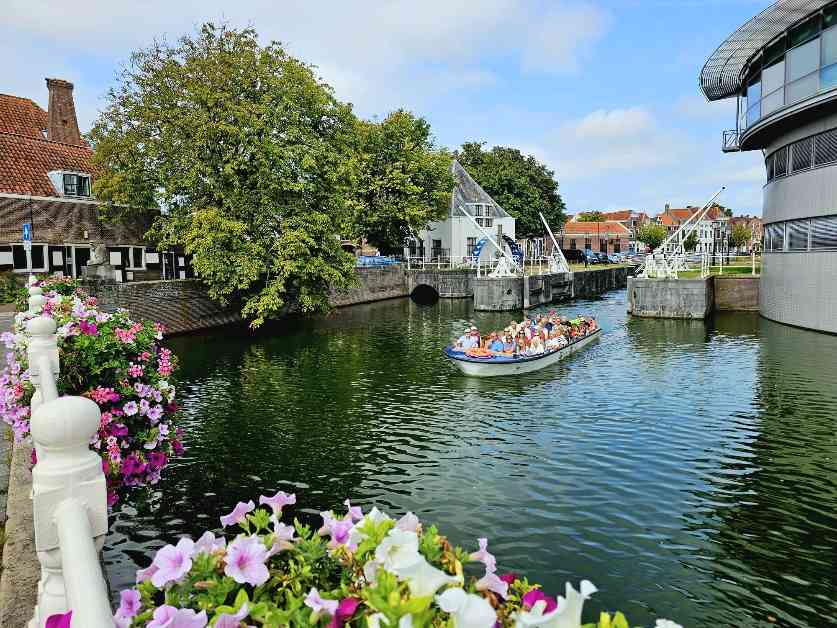It was expected, it is now official. The experimentation with medical cannabis – or therapeutic cannabis – was extended by a decree published in the Official Journal on Monday March 27. This was originally launched in March 2021 for a period of two years with an initial target of 3,000 patients. The use still applies in voluntary hospitals and by renewal of the prescription by voluntary general practitioners. “It was a calibration, but more than 2,600 to 2,700 patients were affected,” said Nicolas Authier, psychiatrist and head of the medical pharmacology department of pain medicine at Clermont-Ferrand University Hospital. Last September, Le Quotidien du Médecin already mentioned 2100 people.
The extension of this experiment was announced for the first time in October by the Minister of Health François Braun. Among the reasons that could have led to this extension: a lack of statistical data. “We do not have the number of patients sufficient to draw the conclusions”, had then declared to François Braun. Contacted on the subject, the Directorate General of Health (DGS) did not respond to our requests.
“We were not ready for a generalization” to all hospitals, believes for his part Nicolas Authier. In particular in question according to him, the absence of financial arbitration. In fact, “the questions of price and reimbursement” for a possible drug accessible by prescription to all have not yet been decided. “It would be problematic if we were still not ready at the end of this additional year”, worries Nicolas Authier. The products were provided free of charge by foreign companies, notably Canadian and Israeli, for the first two years, each time in partnership with a French pharmaceutical establishment.
” READ ALSO – The medical promises of CBD, derived from cannabis, are struggling to be verified
The purpose of this experiment is “to assess the feasibility of the circuit for making cannabis available to patients: prescription by doctors, delivery by pharmacists, supply of products and follow-up of patients”, explained in 2020 on its website l National Agency for the Safety of Medicines and Health Products (ANSM), which is piloting it. “The second objective is to collect the first French data on the effectiveness and safety of its use in a medical setting in order to determine whether it can eventually be generalized”, she adds.
The products used, essentially in the form of oil orally and more rarely in the form of hemp flowers to be inhaled, are prescribed in five possibilities, in particular in the event of chronic pain or palliative situation. “This is for people for whom usual medicine is failing,” summarizes Nicolas Authier. The products used are based on cannabidiol (CBD) and THC – the main active molecule of cannabis -, the ratio between the two varying according to the pathology of the patient.
” READ ALSO – Medical cannabis: experiment, yes, but in the rules of the art
With the extension of the experiment, a new call for tenders – to ensure the necessary stocks – was launched, without its result having yet been communicated. Also questioned on this point, the DGS did not respond to our request for information. “There is a break with pure CBD, which is the most used product, especially in cases of epilepsy in children,” says Gilanton Mado, president of the patient association Apaiser S.
Gilanton Mado calls for an opening “as soon as possible” of therapeutic cannabis “to all people with a medical indication”. For the time being, the prescription can only be made by doctors from “voluntary reference structures”, according to the ANSM.
However, medical cannabis is not yet unanimous. The National Academy of Medicine and that of Pharmacy, estimated in a press release published in March 2022 that “it was found, with moderate to high levels of evidence, only an increase deemed” low to very low “of the proportion of patients experiencing a significant improvement in their pain, physical condition and quality of sleep”.
” READ ALSO – First mergers for the therapeutic cannabis market
These conclusions are based on foreign data relating to “more than 5000 patients with chronic pain, mainly non-cancer”. A 2021 study published in the British Medical Journal (BMJ) also concluded that medical cannabis provided a “limited” or “very limited” improvement in pain or sleep in chronic pain patients.
At the same time, some European countries such as Germany are opening up more and more to cannabis, this time for recreational use. Last October, Berlin unveiled a plan to legalize cannabis with this type of use, subject to a European agreement.




















